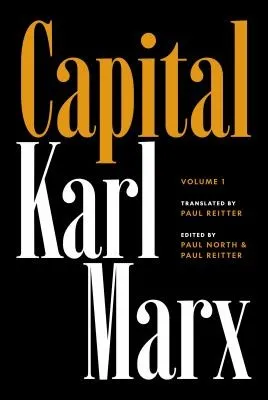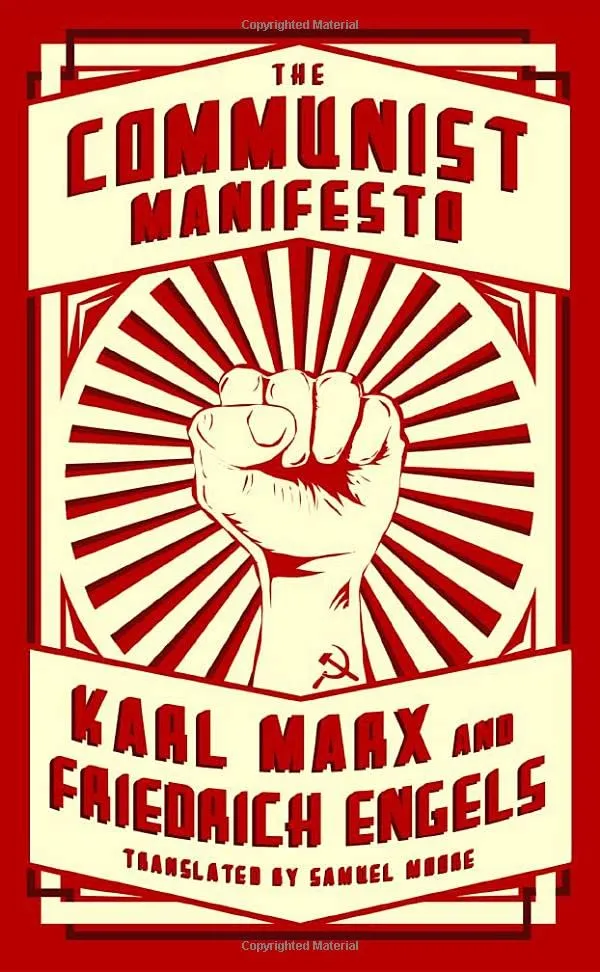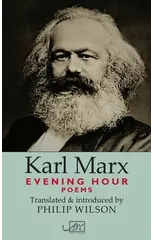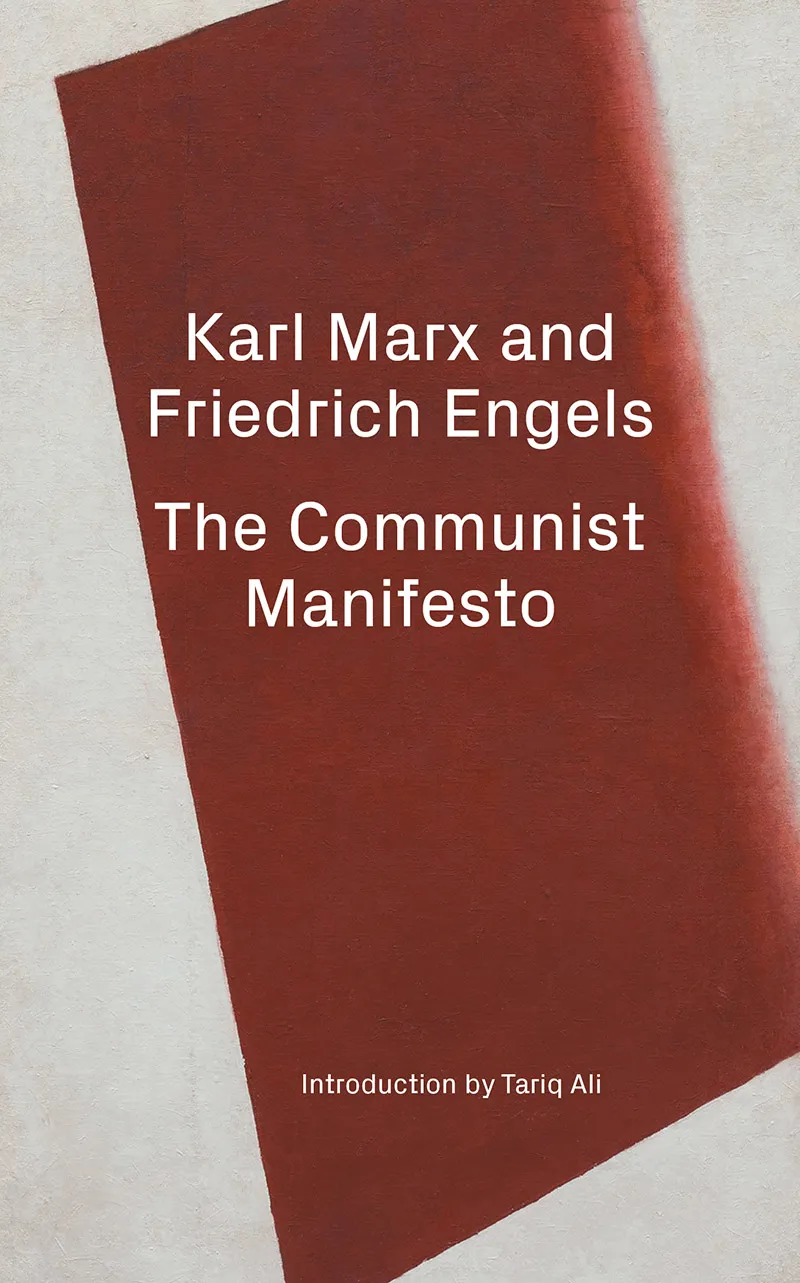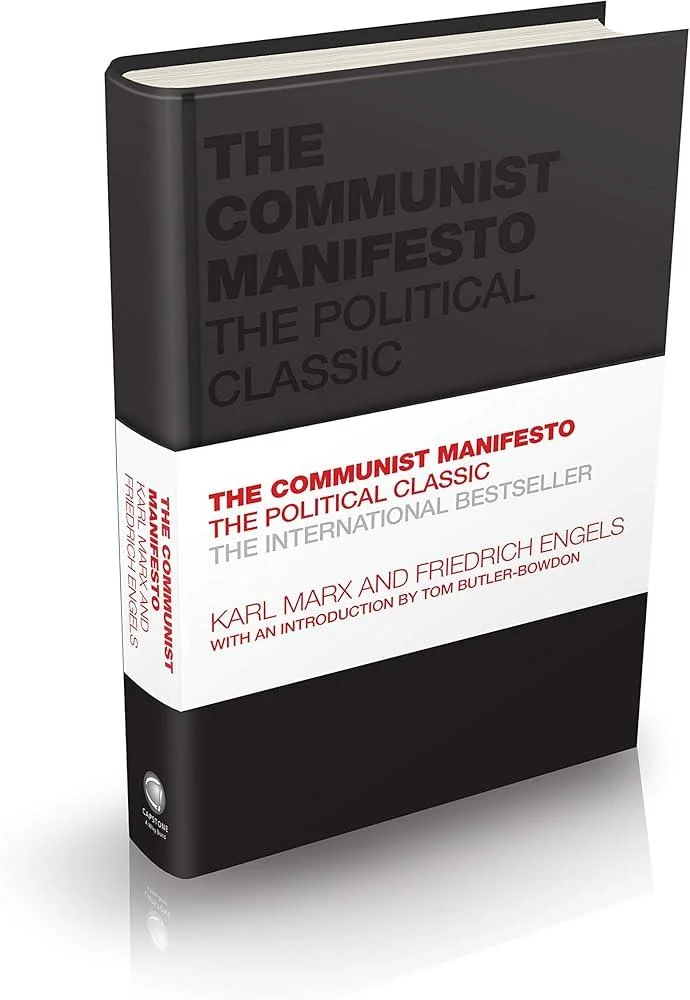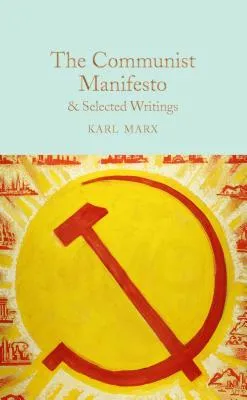The Communist Manifesto / कम्युनिस्ट घोषणापत्र
Tranzlaty English हिæ
(Author) Karl MarxFrom the moment when labour can no longer be converted into capital, money, or rent उस क्षण से जब श्रम को अब पूंजी, धन या किराए में परिवर्तित नहीं किया जा सकता है when labour can no longer be converted into a social power capable of being monopolised जब श्रम को अब एकाधिकार करने में सक्षम सामाजिक शक्ति में परिवर्तित नहीं किया जा सकता है from the moment when individual property can no longer be transformed into Bourgeoisie property उस क्षण से जब व्यक्तिगत संपत्ति को अब बुर्जुआ संपत्ति में परिवर्तित नहीं किया जा सकता है from the moment when individual property can no longer be transformed into capital उस क्षण से जब व्यक्तिगत संपत्ति को अब पूंजी में परिवर्तित नहीं किया जा सकता है from that moment, you say individuality vanishes उस क्षण से, आप कहते हैं कि व्यक्तित्व गायब हो जाता है You must, therefore, confess that by "individual" you mean no other person than the Bourgeoisie इसलिए, आपको स्वीकार करना चाहिए कि "व्यक्ति" से आपका मतलब पूंजीपति वर्ग के अलावा किसी अन्य व्यक्ति से नहीं है you must confess it specifically refers to the middle-class owner of property आपको स्वीकार करना चाहिए कि यह विशेष रूप से संपत्ति के मध्यम वर्ग के मालिक को संदर्भित करता है This person must, indeed, be swept out of the way, and made impossible इस व्यक्ति को, वास्तव में, रास्ते से हटा दिया जाना चाहिए, और असंभव बना दिया जाना चाहिए
Karl Marx
Karl Marx was a German philosopher and economist known for his seminal work "The Communist Manifesto." His writing style was clear and persuasive, advocating for the overthrow of capitalism and the establishment of a classless society. Marx's key contribution to literature was his critique of the capitalist system and its impact on society.

